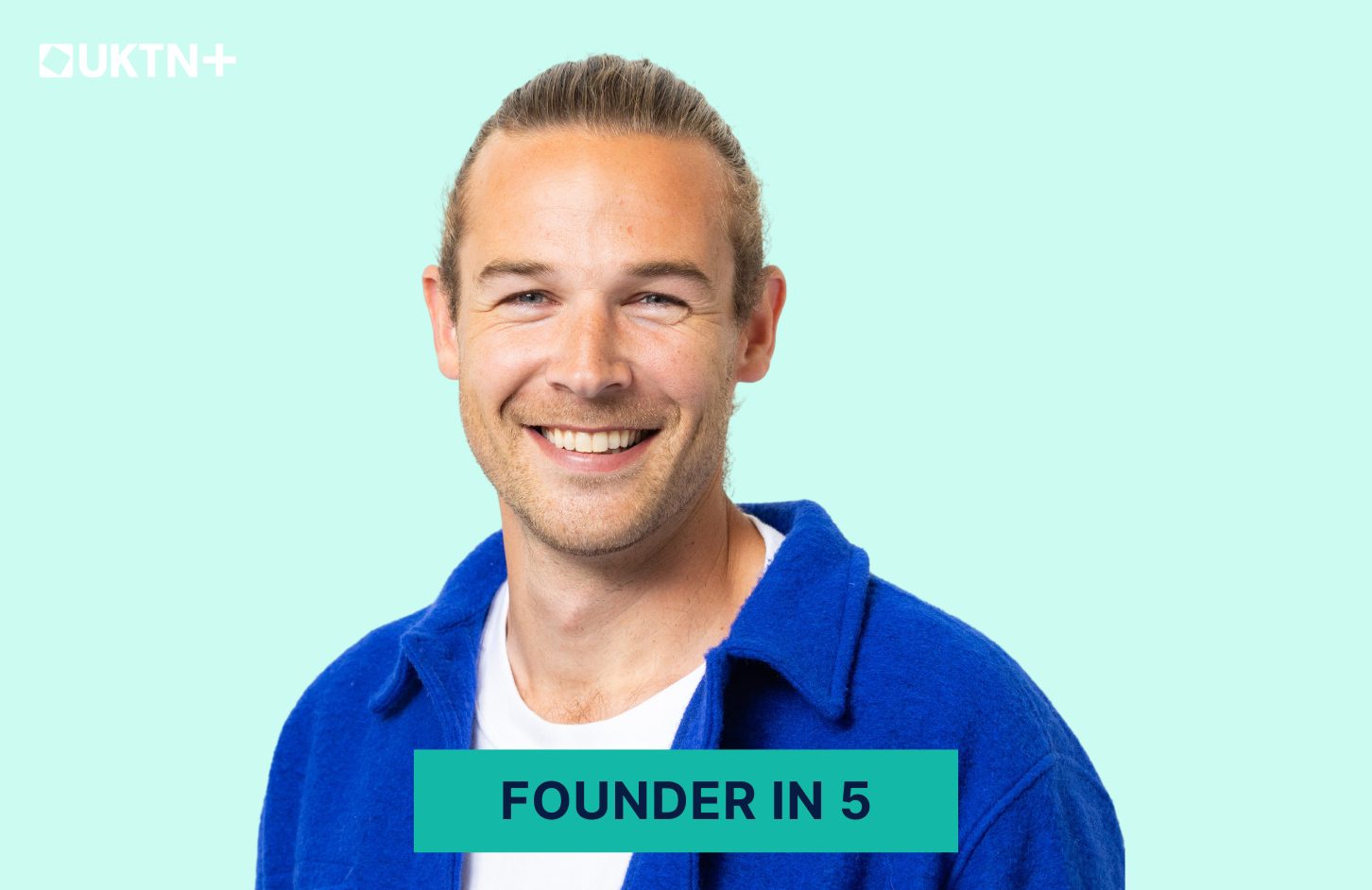Finn Stevenson is the co-founder of Flok Health, an AI-powered digital physiotherapy clinic for treating musculoskeletal (MSK) conditions.
Stevenson, a former professional rower, co-founded Flok Health in 2022 with Ric da Silva. After leaving rowing and its access to quality physiotherapy, Stevenson was taken aback by the long NHS wait lists and high private healthcare costs.
The pair have created a platform where patients can self-refer for physiotherapy without going via a GP and receive automated treatment advice.
In the first instance, patients have an appointment with an “AI-powered digital doctor”. If treatment is the right option, they are given follow-up appointments and physio exercises.
The startup says it has trialled its platform, which has received Care Quality Commission approval, with four NHS Trusts and will be announcing a partnership soon. The Cambridge-based startup currently has 12 employees and has raised £2m in funding.
In this week’s Founder in Five Q&A, Stevenson explains how linking individual work to a startup’s mission can motivate teams, reflects on being “singed” rather than burnt out, and shares why he’s excited by developments in nuclear fusion.
1. What advice would you give to a first-time founder?
Finn Stevenson: If you believe something is mission-critical then trust your conviction and find a way to make it happen. Before Flok, the generally accepted way to use software in MSK clinical decision-making was to display each patient’s information to a human clinician and have them make the treatment decisions.
This approach fundamentally limits the scalability and efficiency of the system, and means that treatment access is still gated by the availability of clinicians, whose time is more constrained than ever. We believed that it was possible to create a truly autonomous system that could make these decisions without requiring a human in the loop – essentially, that software could be taught clinical reasoning in a way that was provably safe, and possible to deploy at scale.
Making this happen was radically harder than the traditional route – we ended up needing to invent a new domain-specific programming language, develop a novel form of decision engine that can create an interactive video call for each patient in real-time, and work closely with the UK regulators who had never approved an autonomous system in this field before. It was absolutely worthwhile though, as being able to operate clinics at such a high level of autonomy totally changes the value we can deliver to our NHS customers, and the speed and quality of care we can deliver to our patients.
2. How do you motivate your team?
FS: As a team, we’ve experimented with different ways of working, particularly around how we plan and run projects – we’ve found that the most successful and motivating changes have been those that make it easier for us all to see how our individual work is directly connected to the company mission and the impact we can have for our patients.
Musculoskeletal conditions are the leading cause of disability globally, and yet it’s possible to change the trajectory of someone’s life by helping them access the right care sooner.
3. What’s a fact about yourself that people might find surprising?
FS: In a previous life I was a full-time rower. I’m 6ft 7 and after medical school, I rowed full-time on the high-performance programme at Leander Club for two and a half years.
We had on-demand access to physio, which made a huge difference when it came to preventing and recovering from injury. It was partly this experience that inspired Flok.
4. How do you prevent burnout?
FS: I don’t think I’ve solved this one yet. Building a startup requires constantly pushing your limits quite hard so it’s inevitable that sometimes you’ll over-reach – I’ve definitely singed myself a few times.
I try and (reasonably) consistently do the basics to stay healthy (exercise, food, sleep). More broadly I think it comes down to not neglecting the things that give you perspective and clarity – for me that’s spending time with loved ones and being outside, preferably around/in/on some water.
5. Excluding your sector, which nascent technology holds the most promise?
FS: Outside of AI and digital health, I think nuclear fusion is really exciting at the moment. While not exactly nascent as a field, the magnitude and frequency of advances in the last 12 months feels significant.
Humanity’s reliance on electrical energy seems likely to only go in one direction for the foreseeable future, so if commercially viable fusion can get even close to fulfilling its promise it will be transformational for us and our planet.
Founder in Five – a UKTN Q&A series with the entrepreneurs behind the UK’s innovative tech startups, scaleups and unicorns – is published every Friday.
The post Flok Health founder: Software can be taught clinical reasoning at scale appeared first on UKTN.


